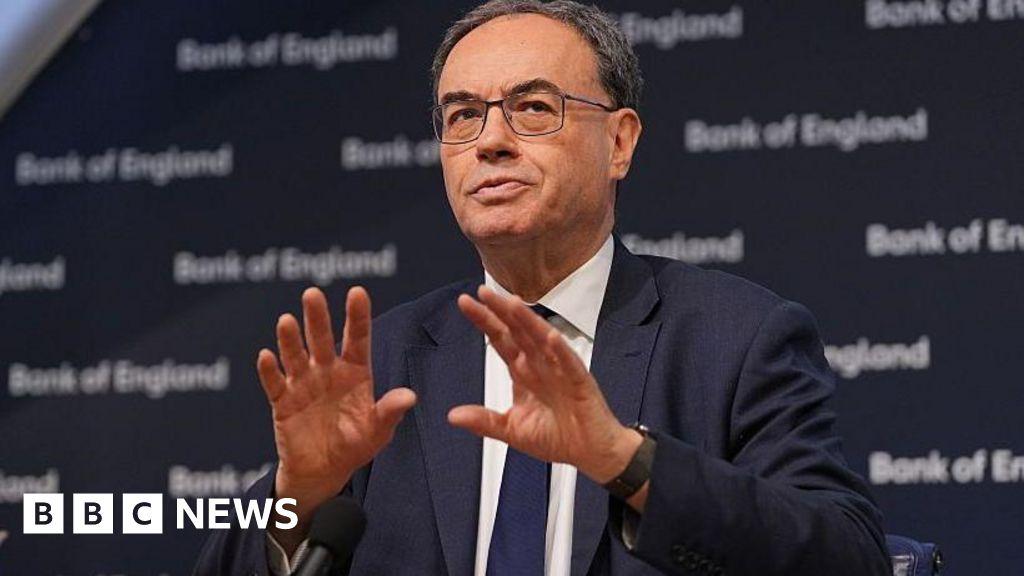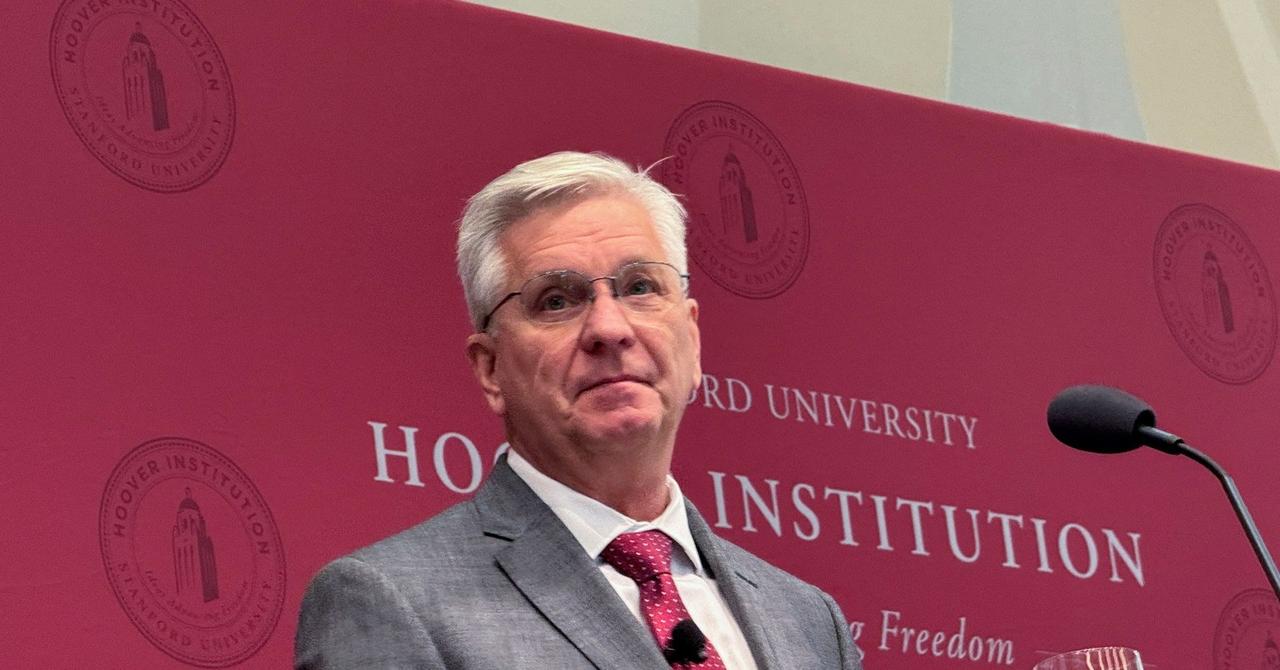Australia's Central Bank Explores AI's Economic Impact, Boosts Own AI Capabilities
3 Sources
3 Sources
[1]
Australia's central bank exploring how AI can affect economy, governor says
SYDNEY, Sept 3 (Reuters) - Australia's central bank is exploring how emerging technologies like artificial intelligence could influence the economy, with possible implications for inflation and the labour market, its governor said on Wednesday. In a speech in Perth, Reserve Bank of Australia (RBA) Governor Michele Bullock said there was a lot of uncertainty about how the technological change will affect the economy, but policymakers needed to be alert to different possible impacts. "Technological change has always reshaped the labour market, and AI is no exception," said Bullock. "While many experts anticipate a net increase in jobs, it is likely to be more nuanced: some roles will be redefined, others might be displaced, and entirely new ones will be created." She added that central bank itself has been boosting its AI capabilities by acquiring the first enterprise-class graphics processing unit (GPU), which will allow it to develop AI-driven analytical tools. "To be clear, we are not using AI to formulate or set monetary policy or any other policy," Bullock said. "Instead, we are looking to leverage it to improve efficiency and amplify the impact of staff efforts in areas such as research and analysis." Reporting by Stella Qiu; Editing by Kim Coghill Our Standards: The Thomson Reuters Trust Principles., opens new tab
[2]
AI to redefine the jobs market, displacing some workers: Bullock
Gift 5 articles to anyone you choose each month when you subscribe. Reserve Bank of Australia governor Michele Bullock says artificial intelligence could redefine the jobs market, potentially eliminating some jobs while creating new ones, requiring the federal government to invest in training and education. In her most extensive remarks on AI to date, Bullock said she was optimistic that technological change would improve people's living standards, but said it remained to be seen how individuals would be affected by the emergence of AI.
[3]
Australia's central bank exploring how AI can affect economy, governor says
SYDNEY (Reuters) -Australia's central bank is exploring how emerging technologies like artificial intelligence could influence the economy, with possible implications for inflation and the labour market, its governor said on Wednesday. In a speech in Perth, Reserve Bank of Australia (RBA) Governor Michele Bullock said there was a lot of uncertainty about how the technological change will affect the economy, but policymakers needed to be alert to different possible impacts. "Technological change has always reshaped the labour market, and AI is no exception," said Bullock. "While many experts anticipate a net increase in jobs, it is likely to be more nuanced: some roles will be redefined, others might be displaced, and entirely new ones will be created." She added that central bank itself has been boosting its AI capabilities by acquiring the first enterprise-class graphics processing unit (GPU), which will allow it to develop AI-driven analytical tools. "To be clear, we are not using AI to formulate or set monetary policy or any other policy," Bullock said. "Instead, we are looking to leverage it to improve efficiency and amplify the impact of staff efforts in areas such as research and analysis." (Reporting by Stella Qiu; Editing by Kim Coghill)
Share
Share
Copy Link
Reserve Bank of Australia Governor Michele Bullock discusses the potential effects of AI on the economy, labor market, and the central bank's own AI initiatives.
RBA Governor Addresses AI's Economic Implications
Reserve Bank of Australia (RBA) Governor Michele Bullock has shed light on the central bank's efforts to understand and adapt to the potential impacts of artificial intelligence (AI) on the Australian economy. In a recent speech in Perth, Bullock emphasized the need for policymakers to remain vigilant about the various ways AI could influence economic factors, including inflation and the labor market
1
.
Source: Financial Review
AI's Impact on the Labor Market
Bullock acknowledged the transformative nature of AI on the job landscape, stating, "Technological change has always reshaped the labour market, and AI is no exception"
1
. While many experts predict a net increase in jobs, the RBA governor cautioned that the reality might be more complex:- Some roles may be redefined
- Certain positions could be displaced
- Entirely new job categories are likely to emerge
This nuanced view underscores the potential for significant shifts in employment patterns across various sectors of the economy
2
.RBA's AI Initiatives

Source: Reuters
In a move to stay ahead of the curve, the RBA has been enhancing its own AI capabilities. Bullock revealed that the central bank has acquired its first enterprise-class graphics processing unit (GPU), a crucial component for developing advanced AI-driven analytical tools
3
.However, Bullock was quick to clarify the intended use of these AI capabilities:
"To be clear, we are not using AI to formulate or set monetary policy or any other policy," she emphasized. "Instead, we are looking to leverage it to improve efficiency and amplify the impact of staff efforts in areas such as research and analysis"
1
.Related Stories
Government's Role and Economic Outlook
The RBA governor's comments suggest a cautiously optimistic stance on AI's overall impact. Bullock expressed hope that technological advancements would ultimately improve living standards. However, she also highlighted the need for proactive measures from the federal government, particularly in the areas of training and education, to help the workforce adapt to the changing landscape
2
.As the central bank continues to explore the implications of AI on the economy, Bullock's remarks underscore the importance of staying informed and prepared for the potential changes ahead. The RBA's approach reflects a broader trend among financial institutions worldwide, as they grapple with the challenges and opportunities presented by rapidly evolving AI technologies.
References
Summarized by
Navi
[2]
[3]
Related Stories
Bank of England governor warns artificial intelligence will displace jobs across UK economy
19 Dec 2025•Business and Economy

Bank of Canada Warns: AI Could Boost Short-Term Inflation
20 Sept 2024

Federal Reserve governors warn AI could trigger unemployment spike that monetary policy can't fix
18 Feb 2026•Policy and Regulation

Recent Highlights
1
Samsung unveils Galaxy S26 lineup with Privacy Display tech and expanded AI capabilities
Technology

2
Anthropic refuses Pentagon's ultimatum over AI use in mass surveillance and autonomous weapons
Policy and Regulation

3
AI models deploy nuclear weapons in 95% of war games, raising alarm over military use
Science and Research





